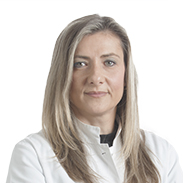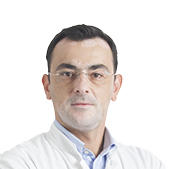- HYGEIA
- Vision & Mission
- Timeline
- Organizational structure
- Press Releases
- Social responsibility
- Awards and Distinctions
- Human Resources
- Scientific & Training activities
- Articles – Publications
- Our Facilities
- Magazines
- Healthcare Programs
- Doctors
- Services
- Medical Divisions & Services
- Imaging Divisions
- Departments
- Units
- Centers of Excellence
- Emergency – Outpatient
- Nursing Service
- Ambulances
- Patients
- Hygeia
- Υπηρεσίες
- Ιατρικά Τμήματα & Υπηρεσίες
Dermatology
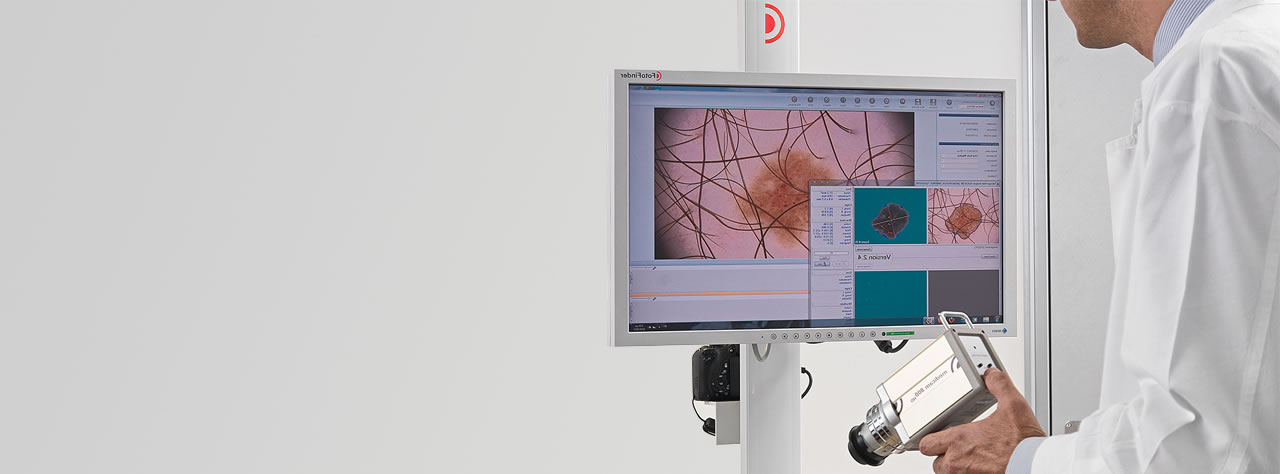
HYGEIA Hospital’s continuously updated Dermatology Department is equipped with state-of-the-art technology. Staffed with qualified medical personnel, it covers the entire range of skin conditions. Around 2,000 cases are treated annually, while there is also the option of offering hospitalization to patients with skin conditions.
The Dermatology Department also organizes Dermatology seminars, scientific updates on the latest developments in Dermatology, as well as presentations of cases with special scientific interest.
Acne
The HYGEIA Hospital Dermatology Department performs all the latest acne treatments, aided by qualified physicians of various specialties (dermatologists, endocrinologists and gynecologists).
It treats the following types of acne:- Cystic acne
- Comedogenic acne
- Acne rosacea
- Persistent forms of acne
Acne patients also have the option of undergoing the necessary clinical and lab tests within the Hospital for proper diagnosis and treatment.
Psoriasis
The Department aims at providing proper information and implementing modern treatment protocols for psoriasis.
It treats the following types of psoriasis:
- Psoriasis vulgaris
Psoriasis patients are treated by a team of qualified physicians (dermatologists and rheumatologists), who meet to discuss each case individually and make the right treatment choice.
The Department is fully equipped to execute clinical protocols and participates in muticentre clinical trials for psoriasis. Patients also have the option of being admitted for one-day treatment and administration of special psoriasis medications.
Sexually Transmitted Diseases
The Department treats sexually transmitted diseases (STDs), such as condyloma, genital herpes, molluscum contagiosum, urethritis, syphilis and more, which are on the rise lately.
Autoimmune Skin Disorders
The Department treats patients with autoimmune skin disorders, such as systemic lupus erythematosus, dermatomyositis and bullous disorder, aided by physicians of various specialties (dermatologists, rheumatologists, internal medicine specialists and endocrinologists).
Scalp Disorders
The HYGEIA Hospital Dermatology Department treats various scalp disorders, such as androgenic alopecia, alopecia areata, hair loss following childbirth, as well as rare diseases, including scarring alopecia, hair shaft diseases, etc.
The Scalp Disorder Lab is located within the Department and performs a special diagnostic test, the trichogram. This assists in examining the causes of hair loss and determining the most suitable treatment for dealing with the problem. The scientific personnel also offer instructions on caring for the hair and keeping it healthy.
The trichogram is a specialized hair test which assists in determining the phase at which the hairs on various areas of the scalp are at any given time, both in terms of quality and quantity. The percentage of normal and affected hairs detected assists in better assessing and treating the various scalp disorders, while also monitoring the progress and results of the various treatments.Hyperhidrosis
The Department diagnoses and treats focal hyperhidrosis, a condition characterized by abnormally profuse perspiration from the sweat glands. The typical regions of primary focal hyperhidrosis are the armpits, the palms and the soles of the feet. The condition is treated with local injection of botulinum toxin type A (Botox/Dysport).
Mole Mapping
The HYGEIA Hospital Dermatology Departments performs mole mapping – the most modern early diagnosis method for melanoma – using state-of-the-art equipment.
Mole mapping provides digital imaging of moles with the use of a special camera and analyzes them using special computer software. By combining mole mapping with regular skin checks, it is possible to detect at any time any possible changes to moles compared to the past.
Mole Mapping Benefits
- Detailed recording of moles.
- Early detection of new moles.
- Electronically stored results: The mole mapping results are stored electronically and can be retrieved and compared to future exams, offering valuable information on possible changes to existing moles.
- Systematic monitoring of moles, which is the best prevention method.
The HYGEIA Hospital Dermatology Department is equipped with the latest mole mapping system, the FotoFinder bodystudio, which is fitted with a high resolution camera, the medicam 800 HD, and offers:
- Digital analysis of the border, color, size and structure of the mole.
- Risk grading by analyzing their digital image, and comparative assessment. In the event of a suspect lesion, the doctors recommend surgical excision and histological exam of the mole.
A team of qualified physicians (dermatologists, surgeons, oncologists) monitor the patients and choose the most suitable treatment for each individual case.
Trichogram – Scalp Disorder Lab
The Dermatology Department treats various scalp disorders, such as androgenic alopecia, alopecia areata, hair loss following childbirth, as well as rare diseases, including scarring alopecia, hair shaft diseases, etc.
The Scalp Disorder Lab is located within the Department and performs a special diagnostic test, the trichogram, which assists in examining the causes of hair loss and determining the most suitable treatment for dealing with the problem. The scientific personnel also offer instructions on caring for the hair and keeping it healthy.
The trichogram is a specialized hair test which assists in determining the phase at which the hairs on various areas of the scalp are at any given time, both in terms of quality and quantity.
The percentage of normal and affected hairs detected assists in better assessing and treating the various scalp disorders, while also monitoring the progress and results of the various treatments.
The following treatments are performed to manage skin conditions:
- Laser applications
- Electrosurgery (Diathermocoagulation)
- Cryosurgery (cryotherapy)
- Skin biopsies
- Dermatosurgery
 Contact Us
Contact UsTelephone
+30 210 686 7557Medical Team
- Honorary Director
-
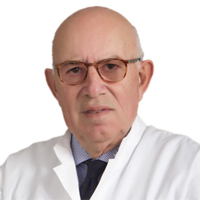 Katsampas Andreas
Katsampas Andreas - Director
-
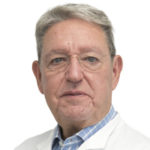 Rigopoulos Dimitrios
Rigopoulos Dimitrios - Associate Director
-
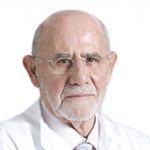 Kafouros Kyriakos
Kafouros Kyriakos - Αttending Physicians
-
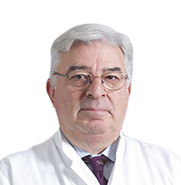 Kapetanakis Dimitrios
Kapetanakis Dimitrios -
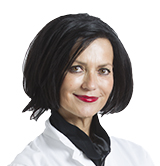 Kasouli - Skouma Styliani
Kasouli - Skouma Styliani -
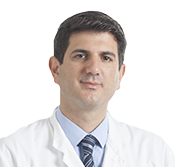 Malanos Dimitrios
Malanos Dimitrios
- © 2007-2025 HYGEIA S.M.S.A.
- Personal Data Protection Policy
- COOKIES Policy
- Terms of Use
- Privacy Policy
- Credits
- Sitemap
- Made by minoanDesign
Ο ιστότοπoς μας χρησιμοποιεί cookies για να καταστήσει την περιήγηση όσο το δυνατόν πιο λειτουργική και για να συγκεντρώνει στατιστικά στοιχεία σχετικά με τη χρήση της. Αν θέλετε να λάβετε περισσότερες πληροφορίες πατήστε Περισσότερα ή για να αρνηθείτε να παράσχετε τη συγκατάθεσή σας για τα cookies, πατήστε Άρνηση. Συνεχίζοντας την περιήγηση σε αυτόν τον ιστότοπο, αποδέχεστε τα cookies μας.
Αποδοχή όλων Άρνηση όλων ΡυθμίσειςCookies ManagerΡυθμίσεις Cookies
Ο ιστότοπoς μας χρησιμοποιεί cookies για να καταστήσει την περιήγηση όσο το δυνατόν πιο λειτουργική και για να συγκεντρώνει στατιστικά στοιχεία σχετικά με τη χρήση της. Αν θέλετε να λάβετε περισσότερες πληροφορίες πατήστε Περισσότερα ή για να αρνηθείτε να παράσχετε τη συγκατάθεσή σας για τα cookies, πατήστε Άρνηση. Συνεχίζοντας την περιήγηση σε αυτόν τον ιστότοπο, αποδέχεστε τα cookies μας.




























